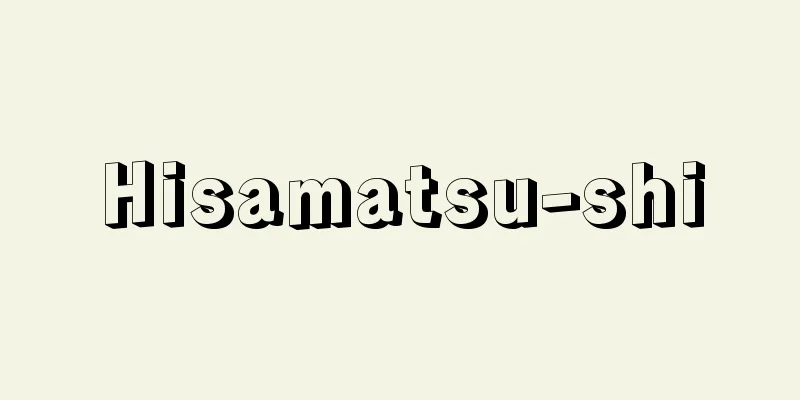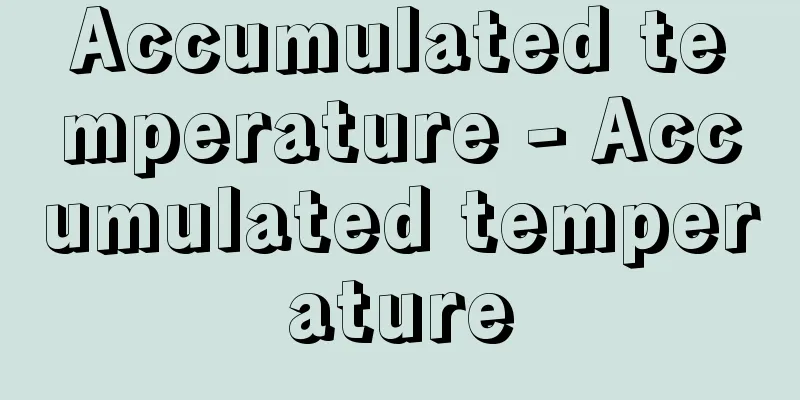Original - Gen

[1] [noun] ① the origin or beginning of something. Origin. ※Shisei Tong (1724) 1 “Yuan means the beginning, just like the origin of Tenshi Yuanshi.” [I Ching - Qian Gua] ② the head. Also, a ruler or a leader. ※Kojiki (712) Preface “embodied the hidden dragon era and responded to the thunderous period.” [Koya - Shako, 4] ③ the workings of heaven and earth that give birth to all things. Qi. [Ban Gu - You Tong Fu] ④ the people. The common people. [Han Shu - Jiao Shi Zhi, Part 2] ⑤ the era name. Year name. ※Shoku Nihongi - Chronicles of the Second World War - Year 1 of the Taiho Era (701) March, Jiawu “ Established the era as the first year of the Taiho Era.” ⑥ the first year of the new era. The first year after the new emperor ascended to the throne. [Shunju] ⑦ the Chinese unit of currency. One yuan is ten jiao. ⑧ A translation of the old Dutch unit of currency, "Gulden." *Holland Education System (1869) (translated by Masao Uchida) Elementary School Regulations: "The Yuan was the Dutch 'Gulden', and two and a half 'Gulden' should be exchanged for one 'Dollar'." ⑨ A unit of time in the Chinese theory of divination . There are theories of 60 years, 4560 years, etc. → One Yuan. *System Notice (1724) 1: "Sixty years shall be one Yuan." ⑩ In mathematics, the unknown in an equation. Depending on the number of unknowns, equations are classified as one-dimensional, two-dimensional, and three-dimensional equations. ⑪ In mathematics, each of the components of a set. An element. A component. [2] A dynasty of the Mongol people that ruled China. It was founded in 1271 by Kublai Khan, the fifth Khan of the Mongol Empire, and named the country after Yuan. Its capital was Dadu (Beijing). In 1279, he overthrew the Southern Song Dynasty and unified China. He ruled over Mongolia, Tibet, and northeastern China, and even sent troops to the Korean Peninsula, Japan, Southeast Asia, and other surrounding areas. He established an ethnic class system based on his belief in Mongol supremacy, but financial and social instability due to resentment from the Han people and excessive punishment led to the White Lotus Sect Rebellion (Red Turban Rebellion), and he was overthrown by the Ming Dynasty in 1368 after 11 generations.Gangwan [former]Source: The Selected Edition of the Japanese Language Dictionary About the Selected Edition of the Japanese Language Dictionary Information |
[1] 〘名〙① 物事の根本、はじめ。もと。※制度通(1724)一「元とは天子元士の元のごとくはじめと云ことなり」 〔易経‐乾卦〕② 首。頭。また、君主、元首。※古事記(712)序「潜龍元(げん)を体し、雷(せんらい)期に応じき」 〔広雅‐釈古・四〕③ 万物を生ぜしめる天地のはたらき。気。〔班固‐幽通賦〕④ 人民。衆庶。〔漢書‐郊祀志下〕⑤ 元号。年号。※続日本紀‐大宝元年(701)三月甲午「建レ元為二大宝元年一」⑥ 改元の第一年目。新しい天子が即位した最初の年。〔春秋〕⑦ 中国の貨幣の単位。一元は一〇角。⑧ オランダの旧貨幣単位、「グルデン」の訳語。※和蘭学制(1869)〈内田正雄訳〉小学条例「元は和蘭の『ギュルデン』にして、『ギュルデン』二個半を以て『ドルラル』一個に換ふべし」⑨ 中国の讖緯説(しんいせつ)でいう時間の単位。六〇年説、四五六〇年説などがある。→一元。※制度通(1724)一「六十年を一元とす」⑩ 数学で、方程式の未知数。その個数によって、方程式を一元・二元・三元方程式などと区別していう。⑪ 数学で、集合を構成している個々のもの。元素。要素。[2] 中国を支配したモンゴル族の王朝。一二七一年、モンゴル帝国第五代大汗フビライが国号を元として成立。都は大都(北京)。一二七九年、南宋を滅ぼし、中国を統一。モンゴル、チベット、中国東北部まで領し、さらには朝鮮半島・日本・東南アジアなど周辺に出兵した。モンゴル至上主義の立場から民族的身分制をたてたが、漢民族の反発と過度の誅求による財政不安、社会不安が白蓮教の乱(紅巾の乱)の原因となり、一三六八年、一一代で明に滅ぼされた。大元。
がん グヮン【元】出典 精選版 日本国語大辞典精選版 日本国語大辞典について 情報 |
>>: Khen - Khene (English spelling)
Recommend
Daigensui Myoo - Daigensui Myoo
(Daigensui is a translation of Āṭavaka. For exampl...
Chinese Classics Tang Poetry Song Ci Yuan Song - Kanbun Toushisou Shigenkyoku (English)
A phrase that juxtaposes prose from the Han dynast...
Tenkai
A Tendai Buddhist monk in the early Edo period. H...
Humanism
…It is a translation of the English term humanism...
Oama [Hot Spring] - Oama
This hot spring is located in the former Oten vill...
Aterui
A chieftain of the Emishi people from the end of ...
Villi - Villi
Also called villi. They are short, thin hair-like ...
Louis, Joe
Born May 13, 1914 in Lafayette, Alabama [Died] Apr...
Apolinario de la Cruz
1815‐41 Philippine religious movement leader. Comm...
Aulus Postumius (English spelling) AulusPostumius
...In later legends, the twins ascended to the he...
English Channel - English Channel
A strait that separates Great Britain and France. ...
Mudanjiang - Botanjiang
A city in the southeastern part of Heilongjiang Pr...
Cloud form - Unkei (English spelling) cloud form
Cloud shape. There are 10 basic types: cirrus, cir...
banque de dépôt (English spelling)
…A similar trend of development can be seen in Fr...
Opening of a storehouse - Opening of a storehouse
... The "Dohyo Festival" is a kind of g...









